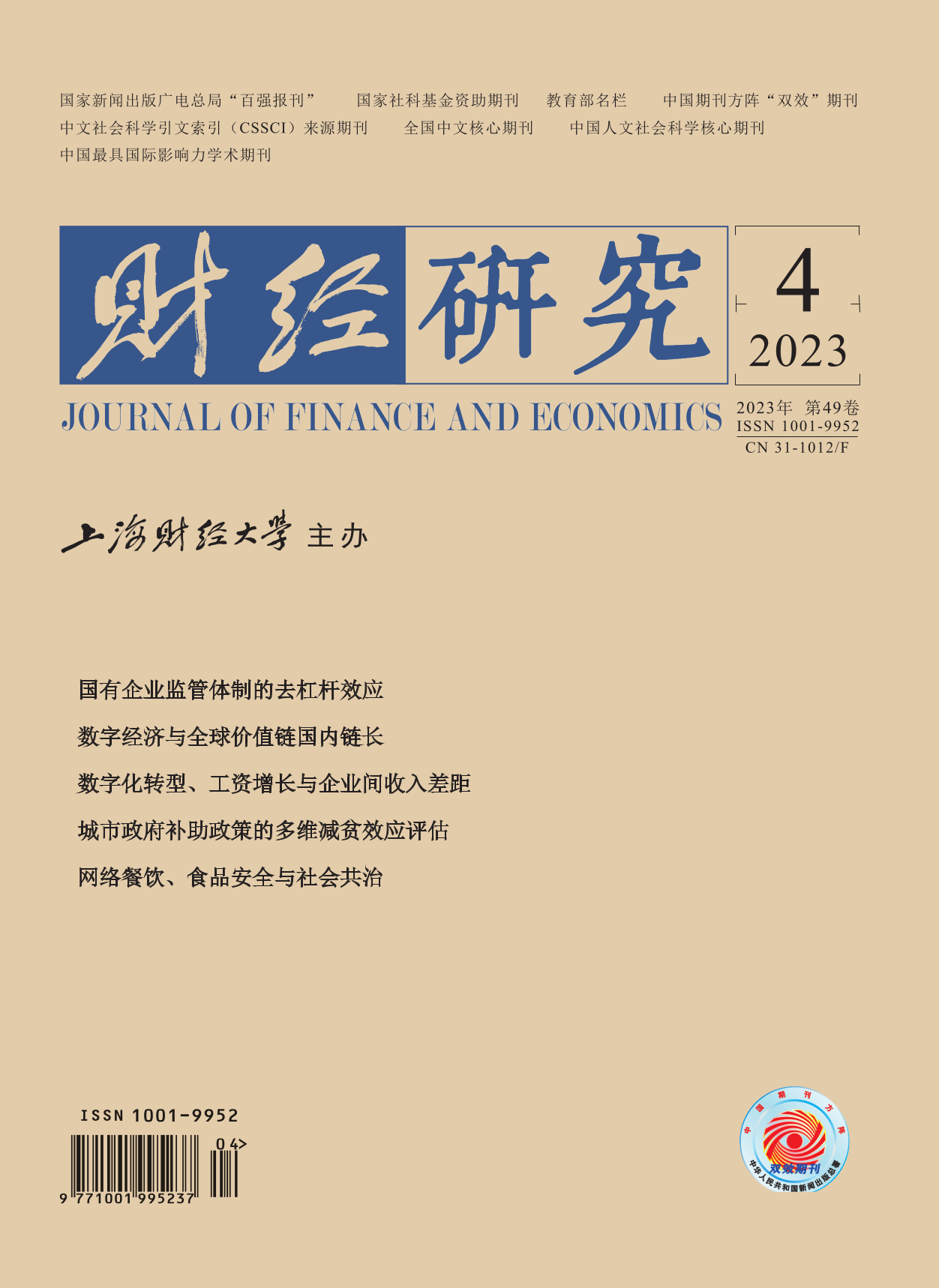The current complex domestic and international environment, coupled with the impact of the COVID-19 epidemic, has increased the uncertainty faced by firm development. Innovation is an activity with high investment risks and long cycles, and uncertainty can adversely affect corporate innovation. Entering a new stage of development, innovation has become an important source of economic growth. Therefore, how to reduce firms’ concerns about uncertainty is crucial to promote innovation and growth. As an important part of China’s government reform in recent years, Government Information Disclosure (GID) plays a key role in defining the scope of government powers and responsibilities and creating a stable and predictable business environment for market players. Therefore, it is of great importance to study the impact of GID on corporate innovation to create a good business environment and promote high-quality economic development.
This paper examines the impact of GID on corporate innovation. First, it constructs a theoretical model of firms’ R&D and production decisions in an environment of policy uncertainty, and describes the impact mechanism of GID on corporate innovation. Based on the theoretical analysis, using the Chinese industrial firm data and Chinese patent data from 2006 to 2013, it exploits a quasi-natural experiment of local GID pilot in 2012 to construct a DID model for empirical testing. The results show that, local GID significantly increases firms’ patent applications, especially promotes high-quality patent applications, and has a stronger impact on non-state-owned, financially constrained, and large firms. The innovation incentive effect of GID is achieved by reducing policy uncertainty and increasing firms’ confidence. In addition, GID further improves firms’ TFP by promoting innovation.
The contributions of this paper are as follows: First, it extends the study of the economic effect of GID from the perspective of corporate innovation. Second, based on the GID system, it adds to the literature on how the reform of the government administrative system affects the behavior and performance of firms, which has important policy implications for the implementation of the general requirement of “management and service”. Third, based on the quasi-natural experiment of the GID pilot, it characterizes the ex-ante threat of policy uncertainty and provides clearer causal evidence using time-level and region-level variations. Fourth, in the context of the increased risk of global economic and social uncertainty, it provides feasible solutions for the government to improve the business environment and boost business confidence, as well as a reference for promoting economic recovery and business development.





 3839
3839  3138
3138

